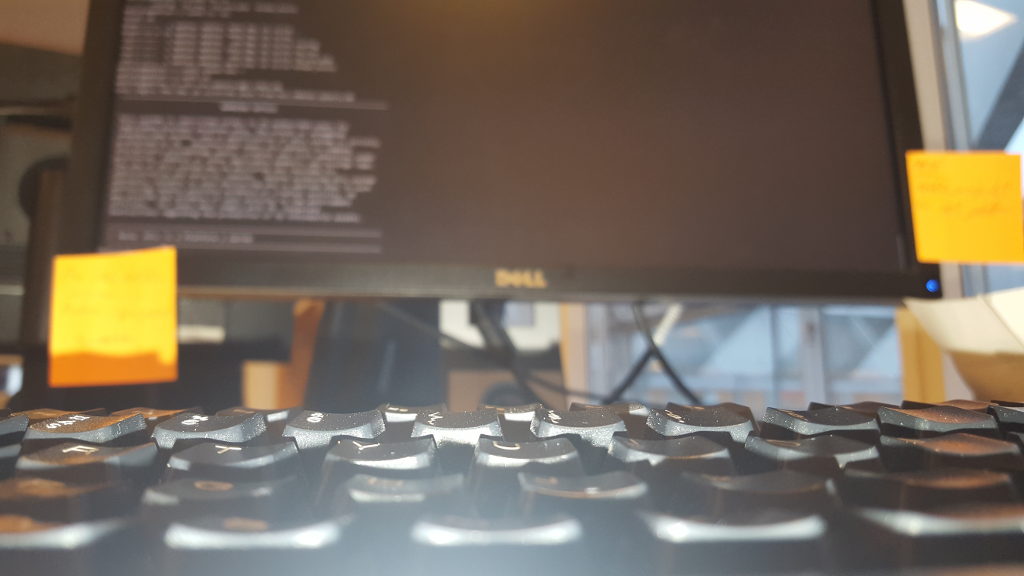How not to become the maintenance developer
As a developer it seems, you always seem to strive towards producing ever more complicated code. Utilizing new frameworks, adopting an ever evolving “convention before configuration”, pushing object-oriented programming - maybe Domain Driven Development - are practices introduced, refined and explored in the quest to prove yourself as a steadily better developer with rising skills.

Yet to what point?
While the intricate complications may impress fellow developers, doing so often digs a hole which may be pretty hard to get out of. Every complication - not matter if it is in the design, the architecture or the structure of the code - often provides the opposite effect of the desired outcome. The whims of your current self to impress developers with the latest fashionable technique, is short termed reward for a long term pain.
I accept some fashions and whims do change and solidify to become better practice, often the urge to over use the latest and greatest frameworks, techniques and paradigms, often only leads to a painful maintenance in years to come - and as you’ve complicated things beyond comprehension you’ll probably be the trapped in the maintenance for the lifetime of the developed code.
Keep It Simple
As new development challenges often are much more fun, than maintaining legacy code, there are a few basic things you can do to keep yourself from being the eventual eternal maintenance developer and they are straightforward: Keep it simple When solving a problem, make as simple and as little code as needed. Don’t wrap everything in object hierarchies, split configuration, views, models and controllers in individual files - do it only, when it provide clear and apparent value.
Names matter
Choose short, but descriptive names for variables, functions, classes and objects in your code. An object containing content for an invoice should be named $invoice, not just $x, $y or $z. Using naming of artifacts in the code provide clues to content and functionality makes it much easier for anyone - including your future self - to comprehend and understand the code when doing maintenance.
Don’t fear comments
Comments does not slow down your code. Al code is compiled at the latest at run-time and a few well placed comments may often be very valuable for the eventual maintainer. Don’t comment obvious code constructs (“don’t state the obvious”) , but do reference business rules or why something tricky is going on.
Be consistent
Find a consistent way to solve the same task/pattern every time, as it will help you focus on what the code is doing instead of the syntax expressed. If you during development find a better way to do something, remember to go back and fix the instances where applicable.
Move on…
Every developer will eventually be stuck with some development, but making your code accessible and easy to understand - the odds of you being stuck forever on maintenance duty is much lower. Great code move on from the parent and have a life on it’s own in the care of other developers if you’ve done your job right.